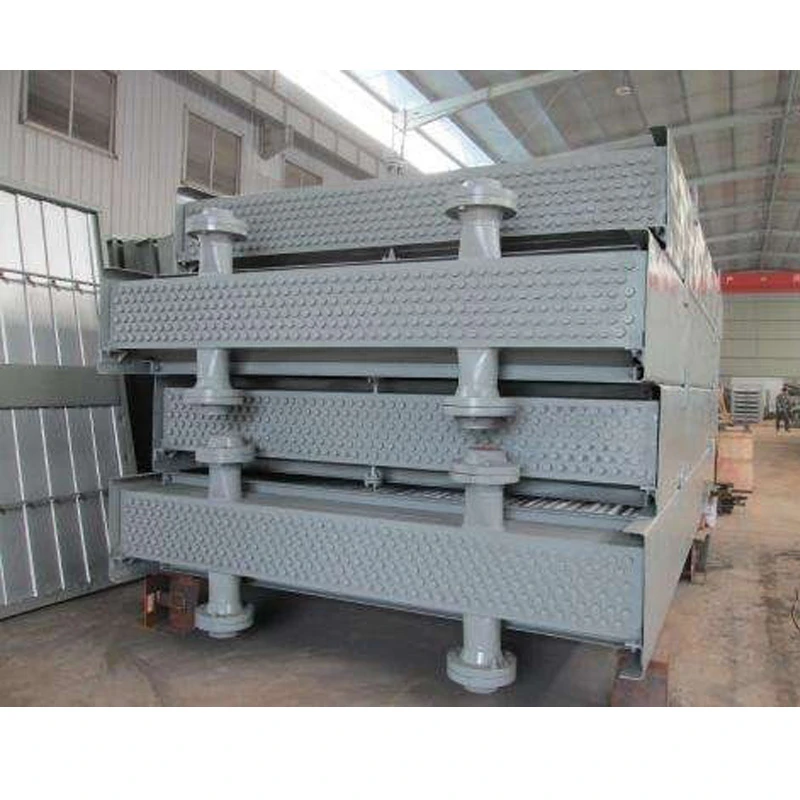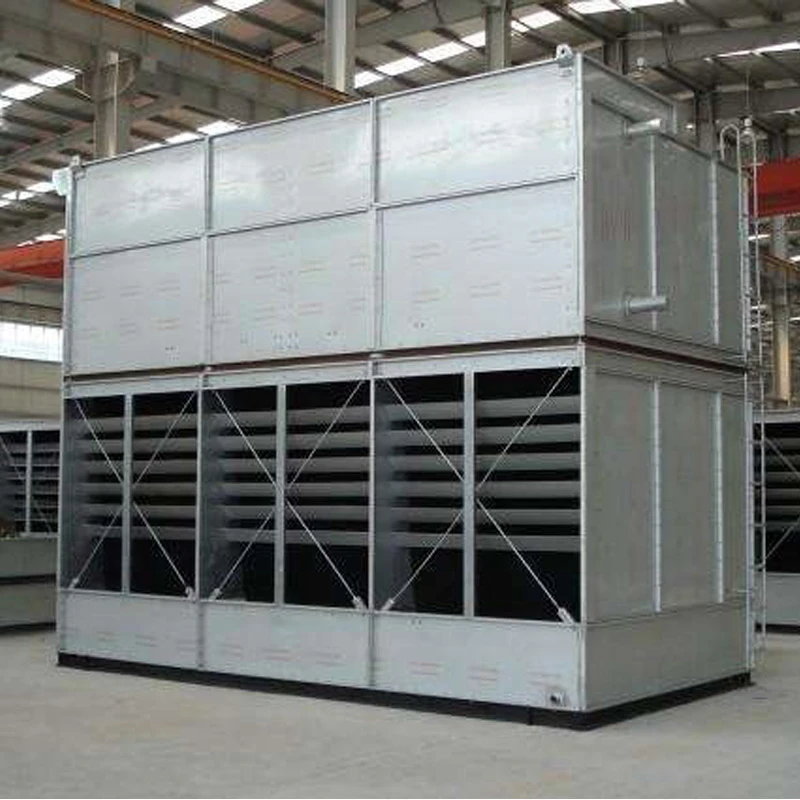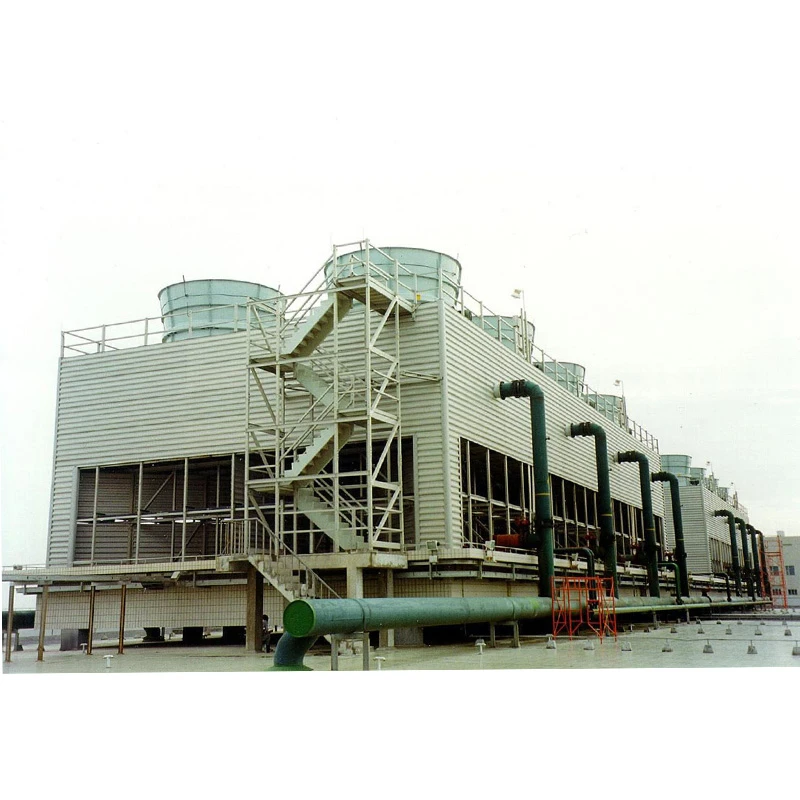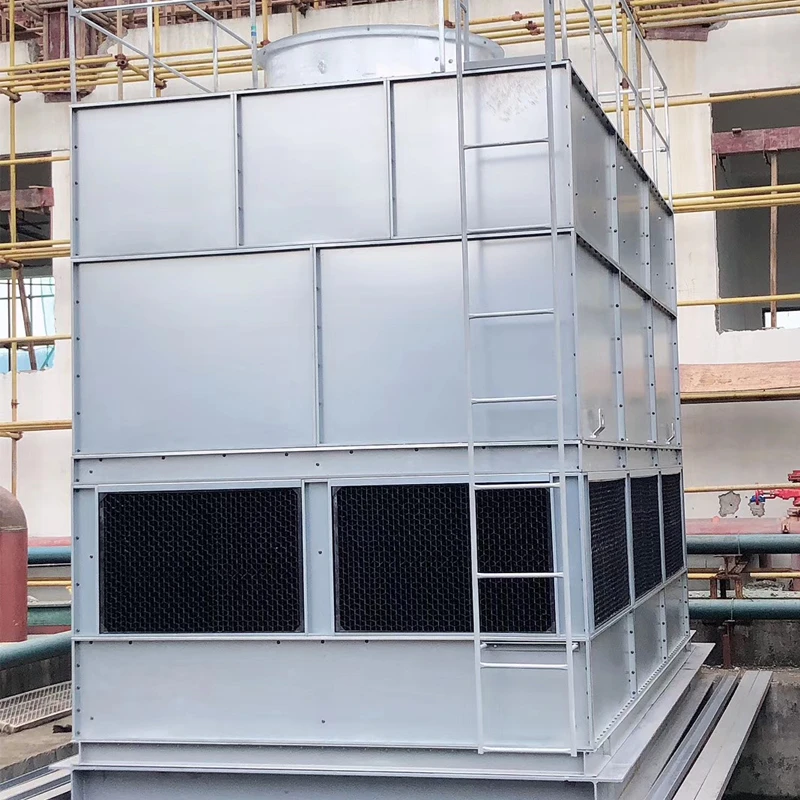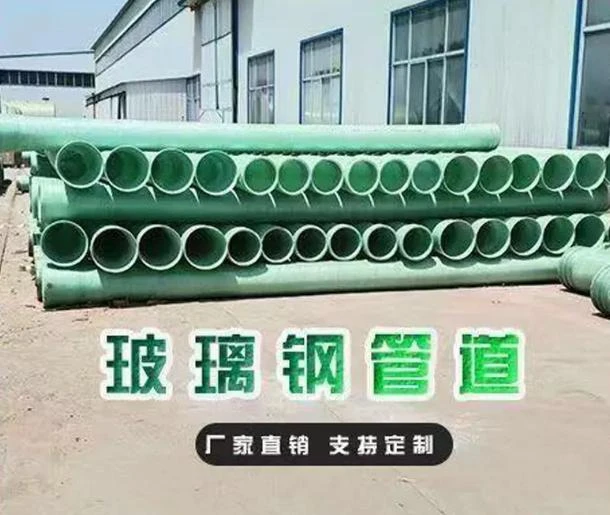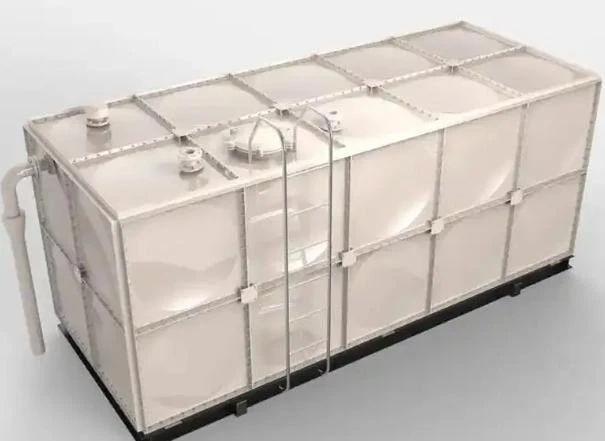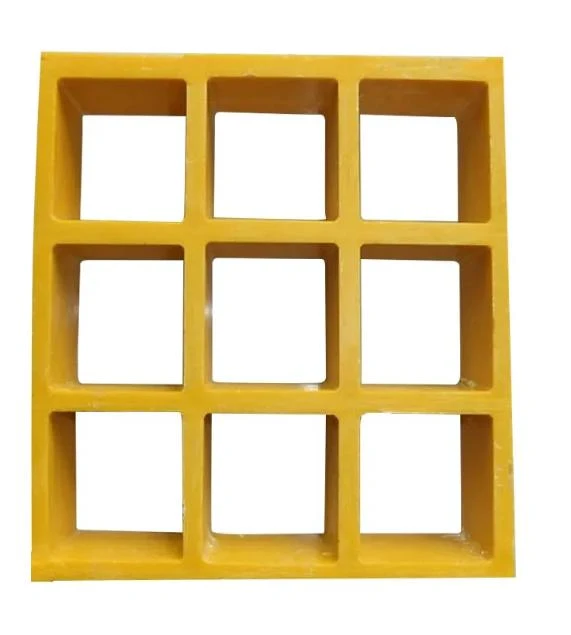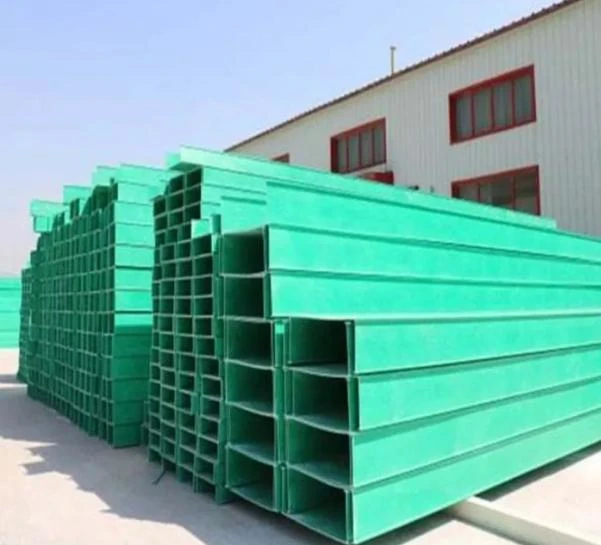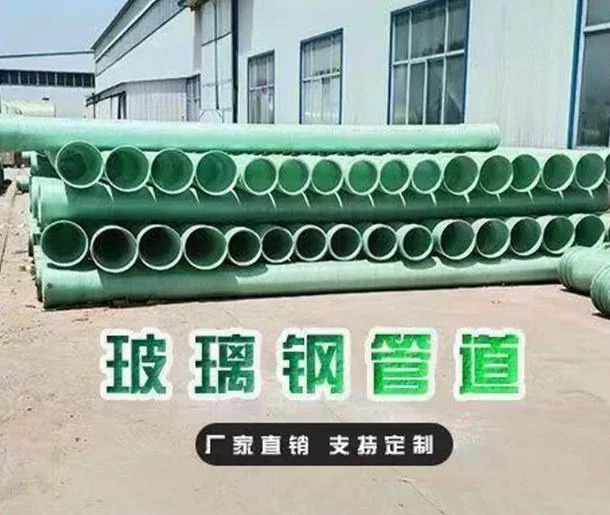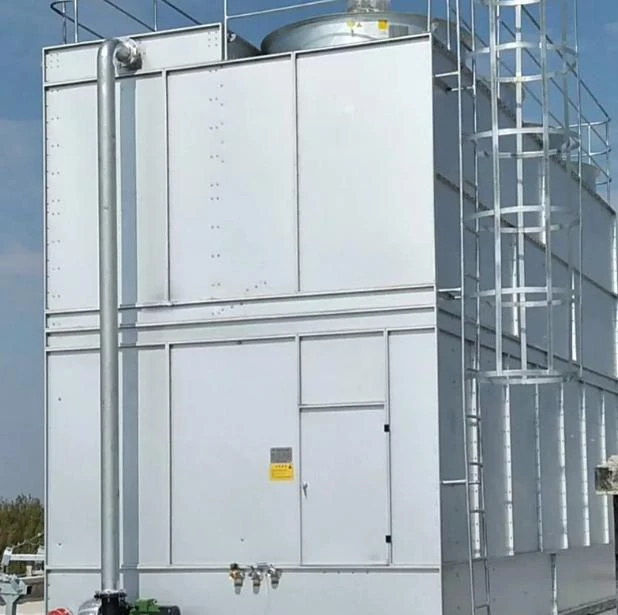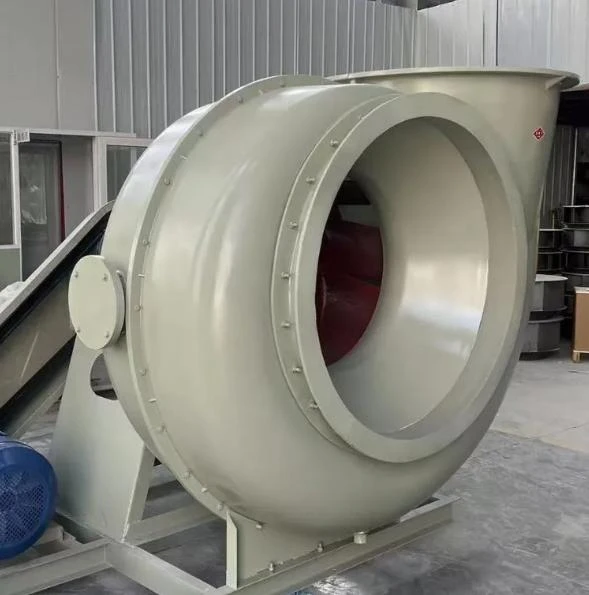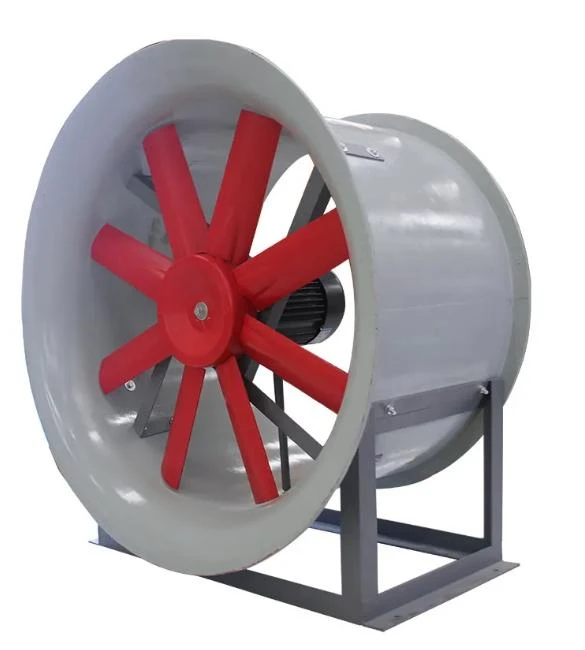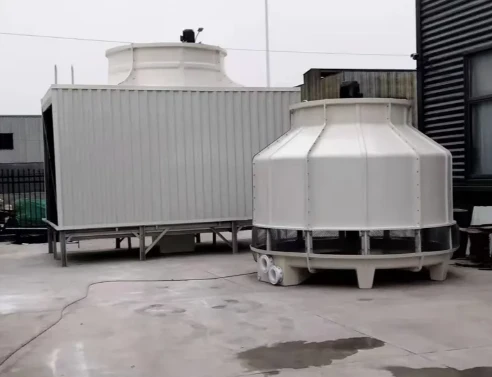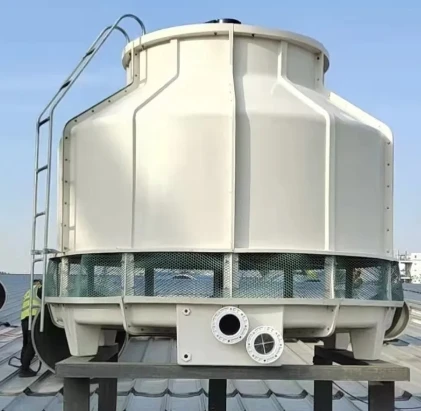

We Are Open 24 Hours a Day, 7 Days a Week, Including Weekends and Public Holidays.
- Understanding the Core Mechanics of Closed Water Cooling Systems
- Performance Metrics and Data-Driven Efficiency Gains
- Technical Superiority Over Traditional Cooling Methods
- Leading Manufacturers: A Comparative Analysis
- Tailored Solutions for Diverse Industrial Needs
- Real-World Applications and Success Stories
- Future-Proofing with Closed Loop Water Cooling Systems
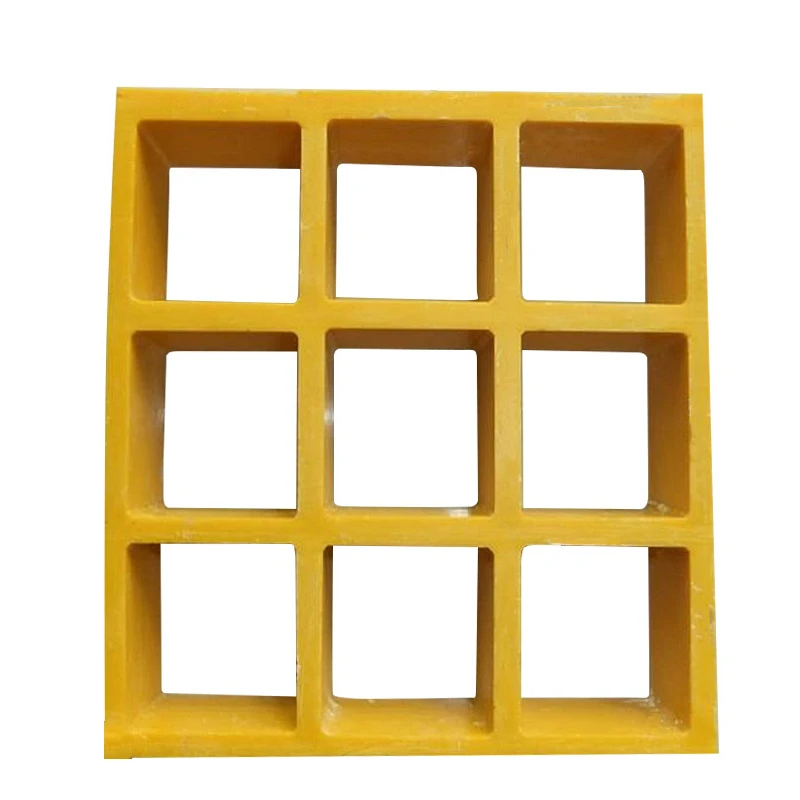
(closed water cooling system)
Understanding the Core Mechanics of Closed Water Cooling Systems
Modern closed water cooling system
s leverage sealed loops to circulate coolant, eliminating contamination risks while maintaining consistent thermal regulation. Unlike open systems, these units operate with minimal maintenance, as the hermetic design prevents evaporation and debris accumulation. Key components like radiators, pumps, and cold plates are engineered for 50,000+ hours of operation, validated by third-party durability tests.
Performance Metrics and Data-Driven Efficiency Gains
Studies show that industrial-grade closed loop water cooling systems reduce energy consumption by 22–35% compared to air-cooled alternatives. For instance, a 2023 benchmark of data centers revealed:
- 18% lower HVAC load
- 27% reduction in peak temperatures
- 14% longer hardware lifespan
Technical Superiority Over Traditional Cooling Methods
By integrating variable-speed pumps and microchannel radiators, modern closed cooling water systems achieve 40% higher heat dissipation rates. Noise levels are capped at 25 dB(A), outperforming fan-based solutions that average 45 dB(A). Anti-corrosion coatings and phosphate-free coolants further enhance reliability in humid environments.
Leading Manufacturers: A Comparative Analysis
| Brand | Thermal Capacity (W) | Noise (dB) | Warranty (Years) |
|---|---|---|---|
| Corsair HydroX | 600 | 22 | 5 |
| NZXT Kraken | 550 | 24 | 6 |
| Cooler Master ML360 | 580 | 26 | 3 |
Tailored Solutions for Diverse Industrial Needs
Customizable closed loop systems adapt to specific thermal profiles, such as:
- High-density server racks (800–1200W/m²)
- Medical imaging devices requiring ±0.5°C stability
- Additive manufacturing chambers with rapid heat flux shifts
Real-World Applications and Success Stories
A semiconductor fab reduced downtime by 62% after deploying modular closed cooling water systems across 120 etching machines. Similarly, a Tier-4 data center achieved PUE 1.15 by replacing legacy chillers with hybrid liquid-air architectures.
Future-Proofing with Closed Loop Water Cooling Systems
As IoT-enabled predictive maintenance becomes standard, next-gen closed water cooling systems incorporate flow sensors and AI-driven diagnostics. Early adopters report 30% fewer unscheduled repairs, with leakage detection accuracy exceeding 99.7% per ASHRAE standards.
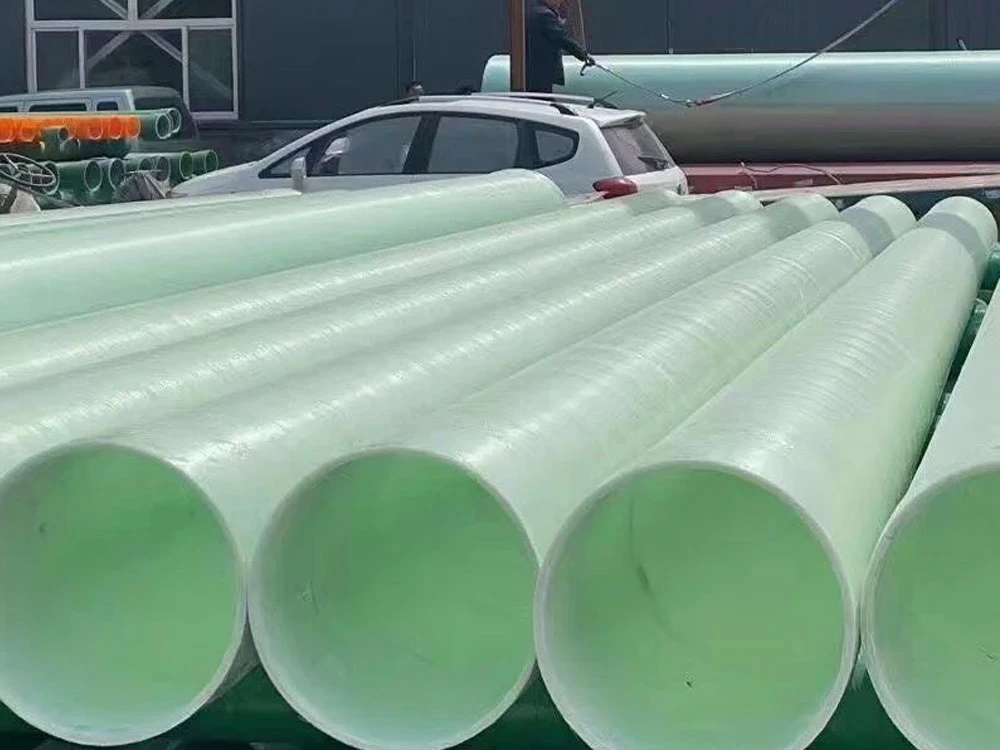
(closed water cooling system)
FAQS on closed water cooling system
Q: What is the main advantage of a closed water cooling system?
A: A closed water cooling system minimizes contamination and evaporation risks. It maintains consistent cooling performance by recirculating treated water. This design also reduces maintenance frequency compared to open systems.
Q: How often should a closed loop water cooling system be serviced?
A: Closed loop systems typically require annual inspections for corrosion or fluid degradation. Chemical treatment levels should be checked every 6-12 months. Actual frequency depends on system specifications and manufacturer guidelines.
Q: What components are critical in a closed cooling water system?
A: Key components include heat exchangers, circulation pumps, and expansion tanks. Corrosion inhibitors and biocides are essential for fluid maintenance. Monitoring sensors for temperature and pressure are also critical for system protection.
Q: Can closed water cooling systems develop leaks?
A: While designed to be leak-resistant, corrosion or mechanical damage can cause leaks. Regular pressure testing helps identify potential weak points. Most systems include alarms to detect pressure drops indicating leaks.
Q: Are closed loop water cooling systems suitable for industrial applications?
A: Yes, they're widely used in industrial settings for machinery and process cooling. Their closed design prevents contamination of sensitive equipment. Scalable configurations support both small and large cooling demands.





Address
20 Xingyuan South Street, Zaoqiang County, Hengshui City, Hebei Province, China









